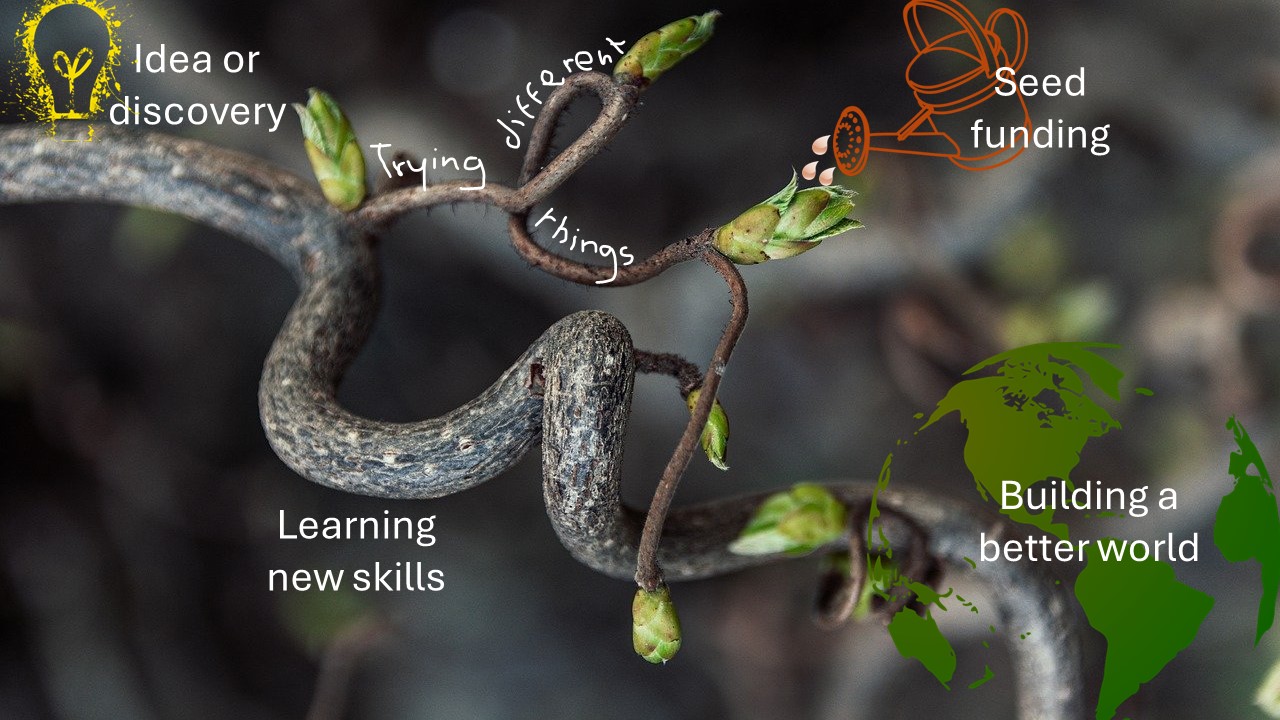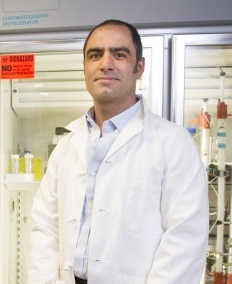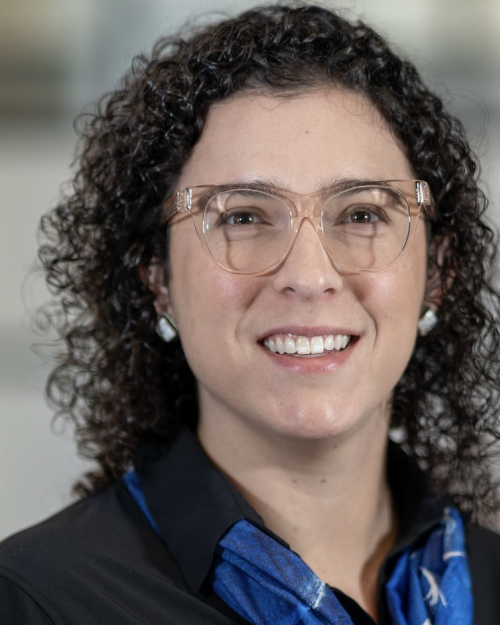Seed Translational Research Program (STRP)

The Seed Translational Research Program is designed to directly advancepromising MSU research toward translationfor societal benefit.
For each calendar year of the NSF ART program, MSU innovators are invited to participate as they work towards advancing their ideas and expanding their impact.
Current Projects

Tricia Seifert, Crash Course, 2024 Project
Degree completion is a key challenge facing colleges and universities. Racialized, first generation, rural, and low-income students often lack access to the support systems needed for college success, leading these students to drop-out at greater rates than their peers.
Attempting to address some of these factors that contribute to student attrition, Dr. Siefert has developed Crash Course. This video game aims to empower students with the knowledge and skills needed for successful college experiences while promoting diversity, equity, and inclusion in higher education.

Blake Wiedenheft, RNA editing, 2024 Project
Despite the extensive progress that has been made in DNA editing, tools to manipulate RNA, without a DNA intermediate, are limited. Manipulating RNA is a prerequisite for studying RNA viruses, and to support the growing interest in vaccine development and gene therapy.
Combining sequence-specific RNA cleavage by CRISPR RNA-guided ribonucleases with programmable RNA repair to make precise deletions, insertions, and substitutions, Blake's team aims to modify any RNA target. Having the ability to edit RNA will unleash a myriad of applications, starting with its use by researchers in the fields of drug discovery and vaccine development.


Brandon Tillett (above) & Mike Giroux (below), Enhancing Crop Yield, 2025 Project
Teosinte Branch 1 (TB1) is a gene that controls apical dominance in plants. This MSU team discovered that reducing TB1 function through targeted mutation decreases apical dominance and increases tillering leading to increases in grain yield in wheat by as much as 15%.
This team is currently funded to perform customer discovery and build relationships with potential customers to license this IP for targeted crop improvement.
In the spring of 2025, Brandon won the top prize in MSU's 100K Venture Competition in the Deep Tech/University Based Research competition track, earning an additional $20,000 in support of this project.

Brock LaMeres, Radiation-Resilient Computers, 2025 Project
This project aims to adapt a technology making computers resilient to both radiation and cyberattacks to Department of Defense (DoD) needs. The project scope includes customer discovery, building and testing a DoD-specific prototype, and working with MSU spinout Resilient Computing, LLC to establish a commercialization plan for the technology.


Riley Logan (above) and Joe Shaw (below), Water Quality Imager, 2025 Project
In 2020, 35% of surveyed rivers across the State of Montana were contaminated by nutrient enrichment, leading to large blooms of nuisance algae. This proposal seeks to address the need for new technology to monitor water quality by translating a prototype low-cost algae imager and optical calibration system from pure research to commercially viable products.
This project is currently funded to identify potential markets for its translation and test its viability in those markets via customer discovery.

Elizabeth Johnson, Clinical Trial Care, 2025 Project
Clinical trials provide essential treatment options when standard therapies are unavailable for the 15,000 children diagnosed with cancer each year and rural children often travel to specialized centers, requiring effective communication of trial-related safety information between researchers and local providers to ensure safe clinical care. Mishaps in communication, which are unfortunately common, can cost these children their life. TrialWear, a mobile smartpatch, enables effective communication by securely relaying safety details via QR code and tracking local care needs by GPS. The project is focused on enabling the development of TrialWear and its adjacent software TrialAware to a scalable, commercial version.

Stephan Warnat, Biofilm Sensor, 2025 Project
The maple syrup industry is evolving with increased use of efficient equipment, yet quality control systems are limited for managing microbial growth and biofilms in sap storage and transport. Biofilms degrade syrup quality, reducing market value. This project proposes a novel biofilm sensor system to detect and control biofilm formation in maple syrup production facilities. The team is currently funded to accomplish customer discovery and assess the market opportunity of the maple syrup v. other markets.


Eric Sproles (above) and Jackson Rose (below), Community Benefits Agreements, 2024 Project
The transition to clean energy relies on mining essential metals and rare-earth materials, presenting both opportunities and challenges for local communities. A prominent strategy to ensure equitable benefits from federal investments involves the use of Community Benefit Plans (CBPs) and Community Benefits Agreements (CBAs) between industry firms and local entities. Despite an extensive and growing literature on mining-CBAs, there is a lack of support for CBA creation in new mining regions, leaving communities without necessary resources. This project will fill this gap by providing training and assistance to local communities, governments, students, and academics in developing effective CBAs for new mining projects. The project includes in-person activities, manuals, and technical assistance, all tailored to critical minerals and mining.
denotes required fields.
